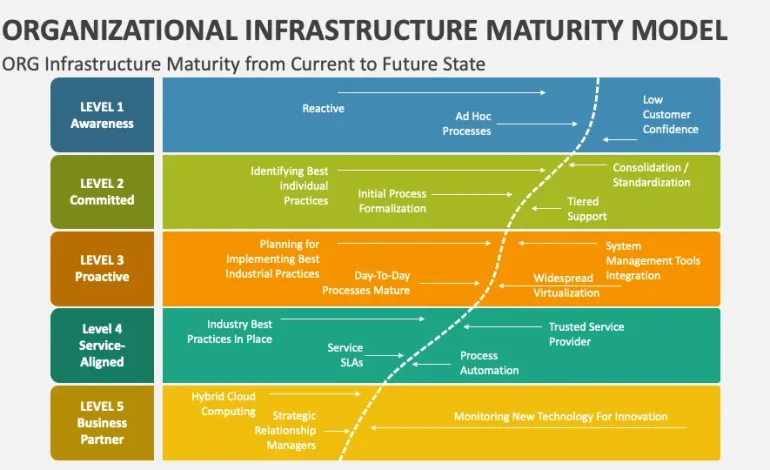Alibaba Cloud and Baidu Form AI Coalition to Standardize Model Training Ethics

Policy Context:
Alibaba Cloud and Baidu have joined forces to form an AI coalition aimed at standardizing ethics in model training. This initiative responds to rising concerns about AI applications, including algorithmic bias, data privacy, and transparency issues. The coalition is tasked with creating a set of guidelines to ensure AI models are developed responsibly and deployed with accountability across industries.
The coalition aligns with China’s broader national strategy of promoting AI leadership while maintaining ethical oversight. The framework will guide companies on responsible data use, testing protocols, and fairness standards. By fostering trust among stakeholders and users, the initiative seeks to accelerate adoption of AI technologies in sectors ranging from healthcare to finance, while mitigating regulatory and reputational risks.
Additionally, the coalition’s policy complements existing Chinese regulations on AI governance, ensuring that ethical standards are integrated into corporate compliance requirements. It represents a proactive approach to industry self-regulation, reducing the likelihood of punitive government intervention while promoting innovation in a structured, transparent environment.
Market Response:
The formation of the coalition has been welcomed by industry leaders and regulatory bodies alike. Tech firms have expressed interest in adopting the standards, viewing them as a framework to manage ethical and operational risks associated with AI deployment.
Investors are optimistic, anticipating that standardization will support sustainable growth in AI ventures. Ethical compliance is expected to enhance brand reputation and facilitate partnerships with international companies, especially in regions where AI ethics are closely scrutinized.
Analysts also point out that the coalition may influence talent development strategies, encouraging universities and corporate training programs to incorporate ethics in AI curricula. Early adoption of these standards is expected to reduce the risk of public backlash, ensuring smoother AI deployment and improving investor confidence.
Strategic Impact:
The coalition’s initiative has significant strategic implications for China’s AI industry. Standardizing model training ethics increases public confidence in AI applications, which is essential for market expansion in sensitive sectors such as healthcare, finance, and public services.
Furthermore, by establishing comprehensive guidelines, Alibaba Cloud and Baidu are positioning themselves as leaders in ethical AI, potentially influencing international standards. This strategic positioning enhances China’s soft power, showcasing the country as a responsible technology innovator while promoting global influence in AI governance.
The coalition also promotes collaboration between tech companies, research institutions, and regulatory agencies, creating an ecosystem conducive to innovation, compliance, and ethical oversight. This integrated approach allows faster technological adoption without compromising on governance or societal trust.
Future Outlook:
Looking forward, the coalition plans to expand partnerships with universities, research centers, and international organizations to refine ethical guidelines for AI development. Periodic audits of AI models are expected to ensure compliance with these standards, while adjustments will be made as AI technology evolves.
The coalition aims to set a benchmark for responsible AI practices globally, potentially serving as a model for other countries seeking to balance innovation with societal safeguards. As AI applications become more pervasive, adherence to these standards will likely become a requirement for cross-border collaborations, increasing the international competitiveness of Chinese AI firms.
The adoption of standardized ethical guidelines also encourages innovation in AI governance tools, including algorithmic auditing, bias detection systems, and secure data management practices. Companies implementing these standards are expected to achieve faster regulatory approvals, broader market access, and greater investor trust.






